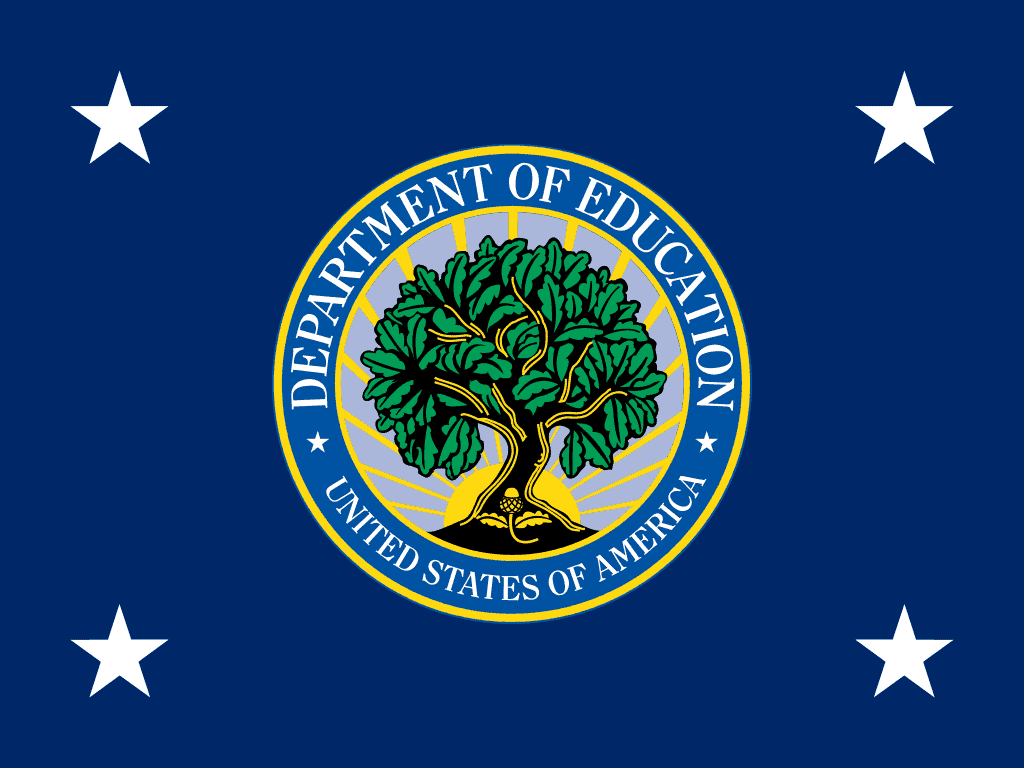7 Out of 8 EQUIP Participants Failed to Implement a Program, Complicating Efforts to Eliminate the 50% Cap on Outsourced Instruction
The 50% cap prevents Title IV eligible programs from outsourcing more than 50% of their instruction to a third party. When eight schools were given an exemption from the 50% cap, only one school took advantage of it.
The pandemic has left universities scrambling to implement online education programs. In the United States, many universities turn to Online Program Managers (OPMs)—tech companies that provide the digital infrastructure for online classes—in order to offer online master’s degrees and other digital programs. In general, there are few restrictions on OPMs, which has led to criticism from advocates that the contracts OPMs sign with universities are exploitative. However, OPMs are subject to one regulation from the Department of Education: they aren’t allowed to provide more than 50% of the instruction for a program eligible for Title IV funding (e.g. Pell Grants and federally backed student loans). Accredited institutions are supposed to provide at least 50% of the instruction, which restricts the overall size of the OPM business.
The 50% cap was recently up for debate, and although the Education Department initially proposed eliminating the 50% cap, in their proposed Distance Learning and Innovation rulemaking they kept the cap in. (The final Distance Learning and Innovation document will be released prior to November 1st, 2020, so there is a chance that the cap could ultimately be eliminated). But this was not the first time that the Department of Education had considered relaxing the 50% cap on outsourcing instruction. The Education Department first experimented with the 50% cap in 2016 by launching the EQUIP experimental site, which allowed eight selected institutions to use Title IV funding for programs where more than 50% of the instruction was provided by a third party.
It’s difficult to describe EQUIP as a success. Of the eight programs that were selected, only one program—Brookhaven College’s partnership with StraighterLine—was actually implemented, according to an email from the Department of Education Experimental SITES team. Furthermore, according to the email, Brookhaven College’s partnership with StraighterLine ended on June 30, 2019.
EQUIP is one of the many “experimental sites” created by the Department of Education. The experimental sites program allows the Department of Education to relax certain regulations for certain schools, which allows the department to experiment with changes in policy. Past experiments include allowing Pell Grants to be used for short-term vocational training and experiments with competency based education.
EQUIP, which stands for Educational Quality through Innovative Partnerships, was launched in October 2015 under the Obama administration. EQUIP was somewhat unusual because it wasn’t designed solely by Department of Education staff. Paul LeBlanc, President of the Southern New Hampshire University, joined the Department of Education to help design it.
The process of applying for an EQUIP exemption was particularly burdensome for schools. EQUIP required schools to work with two partners: one partner that would provide the outsourced instruction, and a second partner that would collect data on the effectiveness of the program.
Ultimately, eight programs were approved for EQUIP. The programs were:
- Colorado State University’s partnership with Guild Education (instruction) and Tyton Partners (quality assurance)
- Brookhaven College’s (Dallas Community College System) partnership with StraighterLine (instruction) and CHEA Quality Platform (quality assurance)
- Marylhurst University’s partnership with Epicodus (instruction) and Climb (quality assurance)
- Northeastern University’s partnership with General Electric (instruction) and American Council on Education (quality assurance)
- SUNY Empire State College’s partnership with Flatiron School (instruction) and American National Standards Institute (quality assurance)
- Thomas Edison State University’s partnership with Study.com (instruction) and Quality Matters (quality assurance)
- University of Texas—Austin’s partnership with MakerSquare (instruction) and Entangled Solutions and Moody, Famiglietti & Andronico, LLP (quality assurance)
- Wilmington University’s partnership with Zip Code Wilmington (instruction) and HackerRank (quality assurance)
After being accepted, some of the curriculum partners ran into legal trouble or no longer exist in their current form. Flatiron School paid a $375,000 settlement for misrepresenting its job outcomes data. MakerSquare was acquired by and merged into Hack Reactor. In addition, some of the quality assurance partners had little experience with evaluating education programs. HackerRank’s main business is helping employers conduct technical interviews and lacks institutional expertise in evaluating educational programs.
Being accepted by the department of education was the first of many steps schools had to follow to ultimately implement the program. After approval by the department of education, schools then had to get the program approved by their accrediting agency. Then, institutions needed to set up a completely new monitoring and evaluation program with their quality assurance partner. In an article with The Chronicle of Higher Education, one participant described the process as “a slog.”
In general, the EQUIP program suggests that while schools are interested in experimenting with outsourced instruction, there is a limit to how much work they are willing to put in to make outsourced instruction a reality.






